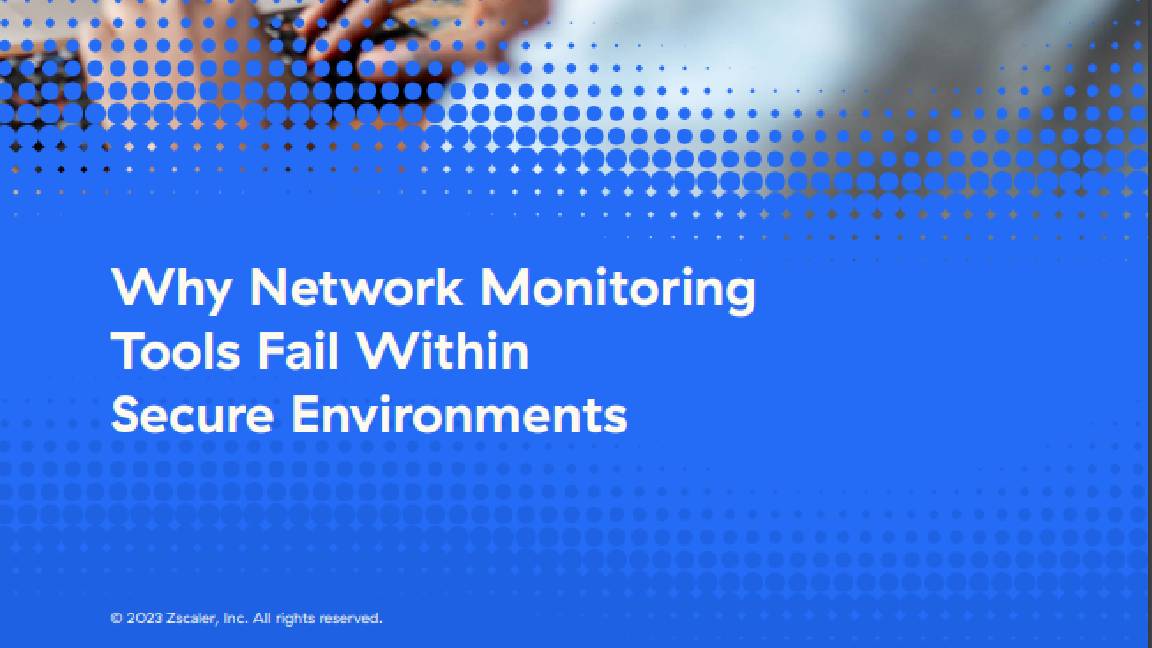Smart city hacks could turn criminals into "supervillains"
Researchers say hackers could exploit vulnerabilities to mask flood warnings and sow chaos

Security researchers have warned that smart city infrastructure contains many flaws that could allow hackers to cause panic among citizens by manipulating systems used to warn people of emergency situations.
According to a blog post by Daniel Crowley, research director at IBM X-Force Red, around 17 vulnerabilities have been discovered in various smart city systems across the UK, US and Europe, eight of which have been deemed as "critical".
"While we were prepared to dig deep to find vulnerabilities, our initial testing yielded some of the most common security issues, such as default passwords, authentication bypass and SQL injections, making us realize that smart cities are already exposed to old-school threats that should not be part of any smart environment," said Crowley.
The team investigated smart city systems from companies Libelium, Echelon and Battelle. Four pre-authentication shell injection flaws were found in Libelium's wireless sensor network, Meshlium. Echelon's i.LON 100/i.LON SmartServer and i.LON 600 SmartServers had two critical authentication flaws, unencrypted communications problems, default credentials in use, and plaintext passwords.
Battelle's V2I (Vehicle-to-Infrastructure) Hub, version 2.5.1 had a hard-coded administrator account as well as default API keys and authentication bypass, SQL injection security flaws and reflected XSS vulnerabilities.
Once these flaws were discovered, researchers then carried out standard internet searches to find affected devices online.
"We found a European country using vulnerable devices for radiation detection and a major US city using them for traffic monitoring. Upon discovering these vulnerabilities, our team promptly alerted the proper authorities and agencies of these risks," said Crowley.
Get the ITPro daily newsletter
Sign up today and you will receive a free copy of our Future Focus 2025 report - the leading guidance on AI, cybersecurity and other IT challenges as per 700+ senior executives
A compromised system could be used to manipulate things such as water level sensors to activate false flood warnings, potentially creating panic and evacuations. More worryingly, hackers could use the same tactic to silence an alarm during a legitimate crisis.
"If someone, supervillain or not, were to abuse vulnerabilities like the ones we documented in smart city systems, the effects could range from inconvenient to catastrophic," he said. "While no evidence exists that such attacks have taken place, we have found vulnerable systems in major cities in the US, Europe and elsewhere."
The discoveries were made known to the vendors, who then issued patches and software updates to address the flaws.
ITPro is a global business technology website providing the latest news, analysis, and business insight for IT decision-makers. Whether it's cyber security, cloud computing, IT infrastructure, or business strategy, we aim to equip leaders with the data they need to make informed IT investments.
For regular updates delivered to your inbox and social feeds, be sure to sign up to our daily newsletter and follow on us LinkedIn and Twitter.
-
 CISA issues warning in wake of Oracle cloud credentials leak
CISA issues warning in wake of Oracle cloud credentials leakNews The security agency has published guidance for enterprises at risk
By Ross Kelly
-
 Reports: White House mulling DeepSeek ban amid investigation
Reports: White House mulling DeepSeek ban amid investigationNews Nvidia is caught up in US-China AI battle, but Huang still visits DeepSeek in Beijing
By Nicole Kobie
-
 HPE eyes enterprise data sovereignty gains with Aruba Networking Central expansion
HPE eyes enterprise data sovereignty gains with Aruba Networking Central expansionNews HPE has announced a sweeping expansion of its Aruba Networking Central platform, offering users a raft of new features focused on driving security and data sovereignty.
By Ross Kelly
-
 Fortify your future: How HPE ProLiant Servers deliver top-tier cyber security, management, and performance
Fortify your future: How HPE ProLiant Servers deliver top-tier cyber security, management, and performanceWhitepaper Deploy servers with a secure approach
By ITPro
-
 Fortify your future with HPE ProLiant Servers powered by Intel
Fortify your future with HPE ProLiant Servers powered by IntelWhitepaper Enhance your security and manage your servers more effectively
By ITPro
-
 Architecting enterprise networks for the next decade
Architecting enterprise networks for the next decadeWhitepaper A new paradigm in network architecture
By ITPro
-
 Why network monitoring tools fail within secure environments
Why network monitoring tools fail within secure environmentsWhitepaper Gain visibility into devices, networks, and applications
By ITPro
-
 Better together: HPE Aruba Networking CX switches and HPE Aruba Networking Central
Better together: HPE Aruba Networking CX switches and HPE Aruba Networking CentralWhitepaper Explore the power and simplicity of managing HPE Aruba Networking CX Switches with HPE Aruba Networking Central
By ITPro
-
 Cyber-resilient infrastructure starts with server security
Cyber-resilient infrastructure starts with server securitywhitepaper Take a security-focused approach when investing in the next wave of IT infrastructure.
By ITPro
-
 Driving digital innovation with intelligent infrastructure
Driving digital innovation with intelligent infrastructurewhitepaper Strong infrastructure investment is driving digital in all industries
By ITPro
